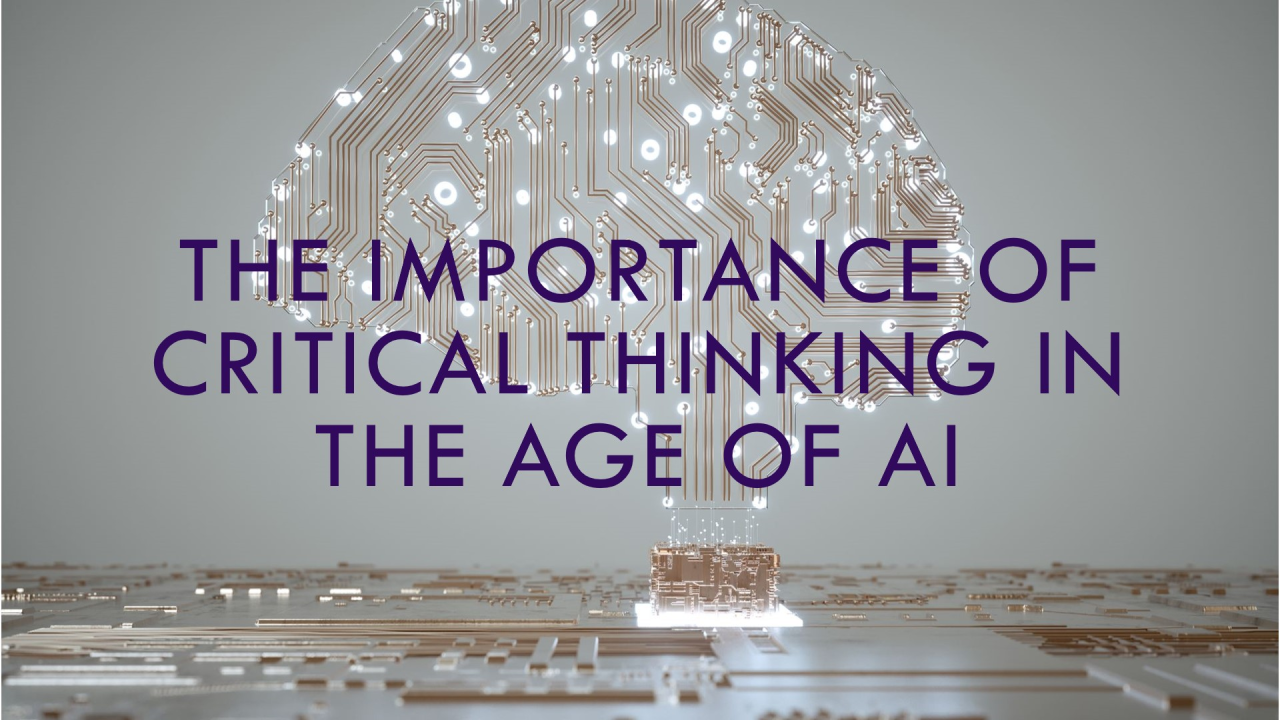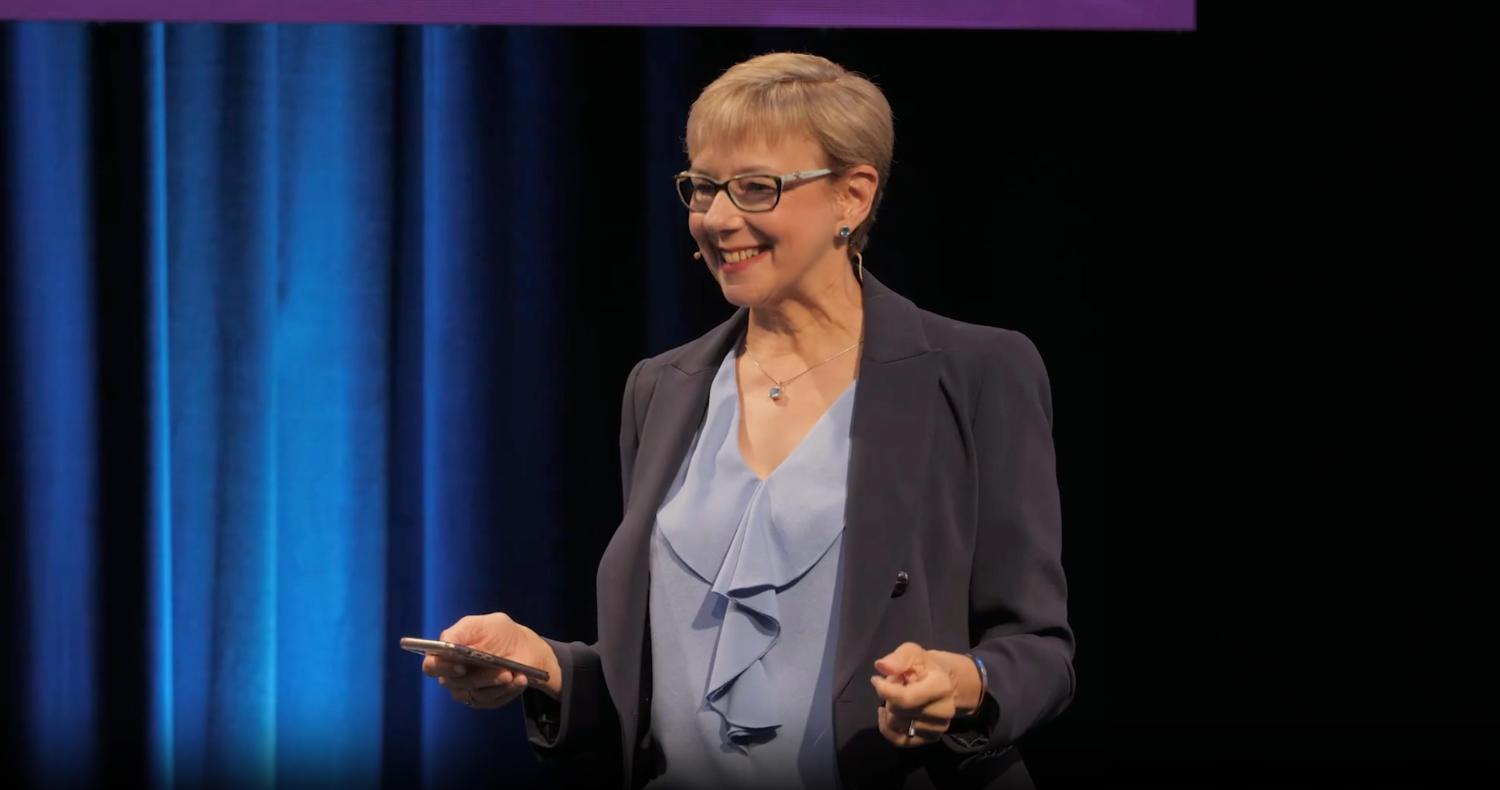This week seems to be a week where I air my concerns about AI. Don\’t get me wrong, I\’m excited about the off-the-charts usefulness of AI and its greater potential. But it certainly doesn\’t come without its costs.
In yesterday’s post, I voiced my concern over AI challenging peoples’ identities and sense of purpose and shared an awesome white paper by Ani Anderson of Somatic Coaching Academy.
Today my post is about cognitive offloading. Where you delegate and abandon to AI without questioning its results. I’ve certainly been guilty of this myself and have had to put rules in place to make sure I don’t (more on this tomorrow).
Thank you for calling this to my attention. I’ve been wondering about this topic for a while, and it’s nice to see evidence-based research on it.
So here it is…
A recent study titled AI Tools in Society: Impacts on Cognitive Offloading and the Future of Critical Thinking has shed some light on one of AI’s more insidious downsides—the erosion of critical thinking skills due to cognitive offloading. In other words, the more we let AI think for us, the less we engage our own cognitive muscles.
The study surveyed 666 (really? couldn’t you add or subtract one to avoid all of the references to AI being the devil’s work?) participants across various age groups and education levels, using a mix of quantitative data and qualitative interviews. The key finding? A significant negative correlation between frequent AI tool usage and critical thinking skills, with cognitive offloading acting as the middleman in this transaction
The Good, the Bad, and the AI-Dependent
We all love a good shortcut, but at what cost? The research found that younger participants (17–25 years) exhibited the highest AI reliance and the lowest critical thinking scores. Meanwhile, older participants (46+) were less dependent on AI and scored higher in critical thinking. This aligns with a common trend—those who grew up with digital tools at their fingertips might not be exercising their problem-solving muscles as rigorously as previous generations.
More strikingly, those with higher education levels retained better critical thinking abilities despite AI usage. This suggests that education plays a protective role, helping individuals engage with AI tools more critically rather than just accepting their outputs at face value. But let’s be honest—how many of us are doing a deep dive into every AI-generated recommendation? When was the last time you critically evaluated Google’s top search result instead of just clicking and moving on?
Cognitive Offloading: The Silent Saboteur
Cognitive offloading happens when we delegate thinking tasks to external sources—whether that’s relying on GPS instead of memorizing routes, using autocorrect instead of learning to spell, or letting AI summarize articles for us instead of reading them. The study reinforced that AI is accelerating this trend. While AI can certainly enhance efficiency, too much reliance might be leading to what some researchers call ‘cognitive laziness.’
The study also highlighted a strong correlation between AI trust and cognitive offloading. The more people trust AI, the less they engage their own critical faculties. This isn’t surprising. After all, why double-check something to see if the AI has never led you astray before? But as any experienced professional knows, blind trust is dangerous, especially when AI’s outputs are shaped by algorithms we don’t always understand.
Education and the AI Dilemma
So, what’s the solution? The study suggests that educational interventions are key. Schools and workplaces must balance AI integration with active learning strategies that force individuals to think critically and independently. This could involve:
- Teaching AI Literacy – Helping people understand how AI works, where it can fail, and how to question its outputs.
- Encouraging Deep Thinking Activities – Regularly engaging in tasks that require analysis, debate, and synthesis instead of just passive consumption.
- Combining AI with Human Judgment – Using AI as a tool rather than a crutch, ensuring that human oversight remains in decision-making.
Final Thoughts
This research underscores a major challenge in our AI-driven future: how do we leverage the immense power of AI without atrophying our own intellectual abilities? The key lies in balance. AI is a tool, not a replacement for human reasoning. If we’re not careful, we could find ourselves in a world where convenience comes at the cost of critical thought. And that, my friends, is a price too high to pay.
So next time you use AI to generate an answer, ask yourself—do I truly understand this? Could I come to the same conclusion on my own? If the answer is no, it might be time to flex those critical thinking muscles before they waste away.



